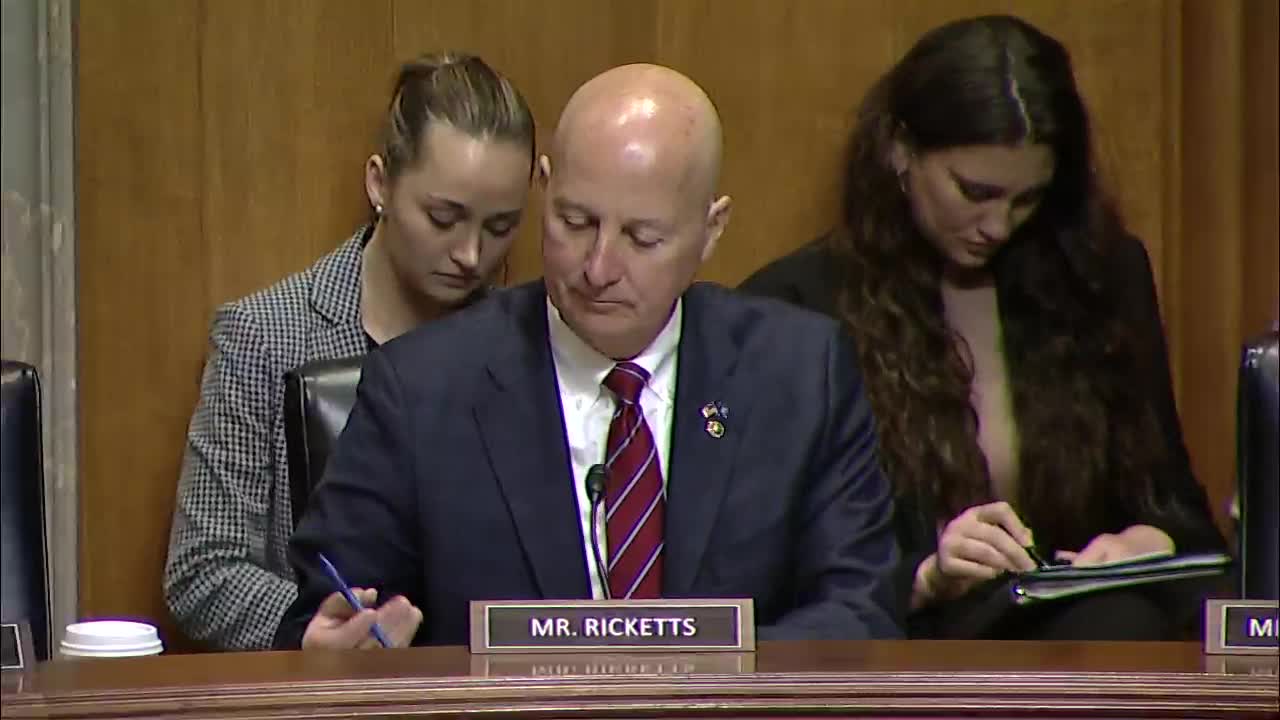Mr. Freppock discusses UN Human Rights Council's racism resolution changes
September 11, 2025 | Foreign Relations: Senate Committee, Standing Committees - House & Senate, Congressional Hearings Compilation
This article was created by AI summarizing key points discussed. AI makes mistakes, so for full details and context, please refer to the video of the full meeting. Please report any errors so we can fix them. Report an error »

During the recent Nomination Hearing held by the US Senate Committee on Foreign Relations, a significant discussion emerged regarding the United States' stance on human rights at the United Nations. Mr. Freppock, a nominee for a key position, was questioned about his previous role as Deputy Assistant Secretary for the Bureau of Human Rights.
The focus was on a resolution that had historically been adopted without controversy: the incompatibility between democracy and racism. This resolution, typically passed with little debate, has now become a point of contention. The committee highlighted the shift in dynamics surrounding this issue, indicating a growing polarization in international discussions on human rights.
Freppock's involvement in these discussions at the UN Human Rights Council was scrutinized, reflecting broader concerns about the U.S. commitment to democratic values and human rights on the global stage. The implications of this shift could affect future U.S. policies and its relationships with other nations.
As the hearing progressed, it became clear that the outcome of Freppock's nomination could signal a new direction for U.S. engagement in international human rights advocacy. The committee's deliberations will likely influence how the U.S. navigates these complex issues moving forward.
The focus was on a resolution that had historically been adopted without controversy: the incompatibility between democracy and racism. This resolution, typically passed with little debate, has now become a point of contention. The committee highlighted the shift in dynamics surrounding this issue, indicating a growing polarization in international discussions on human rights.
Freppock's involvement in these discussions at the UN Human Rights Council was scrutinized, reflecting broader concerns about the U.S. commitment to democratic values and human rights on the global stage. The implications of this shift could affect future U.S. policies and its relationships with other nations.
As the hearing progressed, it became clear that the outcome of Freppock's nomination could signal a new direction for U.S. engagement in international human rights advocacy. The committee's deliberations will likely influence how the U.S. navigates these complex issues moving forward.
View full meeting
This article is based on a recent meeting—watch the full video and explore the complete transcript for deeper insights into the discussion.
View full meeting